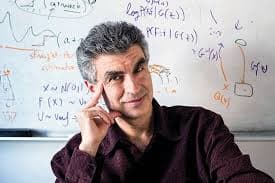
Turing Award winner of 2018, together with Geoffrey Hinton and Yann LeCun, for conceptual and engineering breakthroughs that have made deep neural networks a critical component of computing.
Yoshua Bengio
For pioneering a systematic, quantitative approach to the design and evaluation of computer architectures with enduring impact on the microprocessor industry, John L. Hennessy and David Patterson were both awarded the Turing Award in 2017.
David Patterson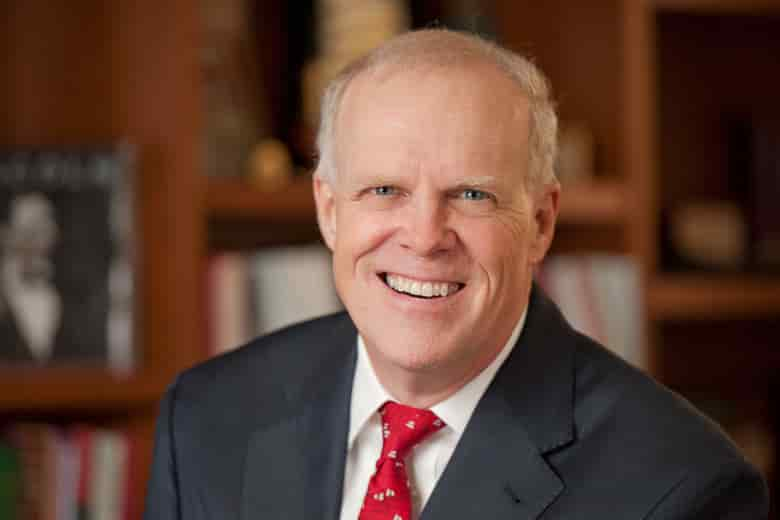
For pioneering a systematic, quantitative approach to the design and evaluation of computer architectures with enduring impact on the microprocessor industry, John L. Hennessy and David Patterson were both awarded the Turing Award in 2017.
John L. Hennessy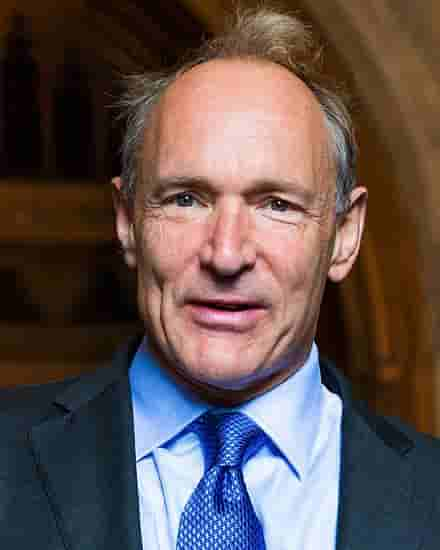
For inventing the World Wide Web, the first web browser, and the fundamental protocols and algorithms allowing the Web to scale, Berners-Lee received the Turing Award in 2016.
Tim Berners-Lee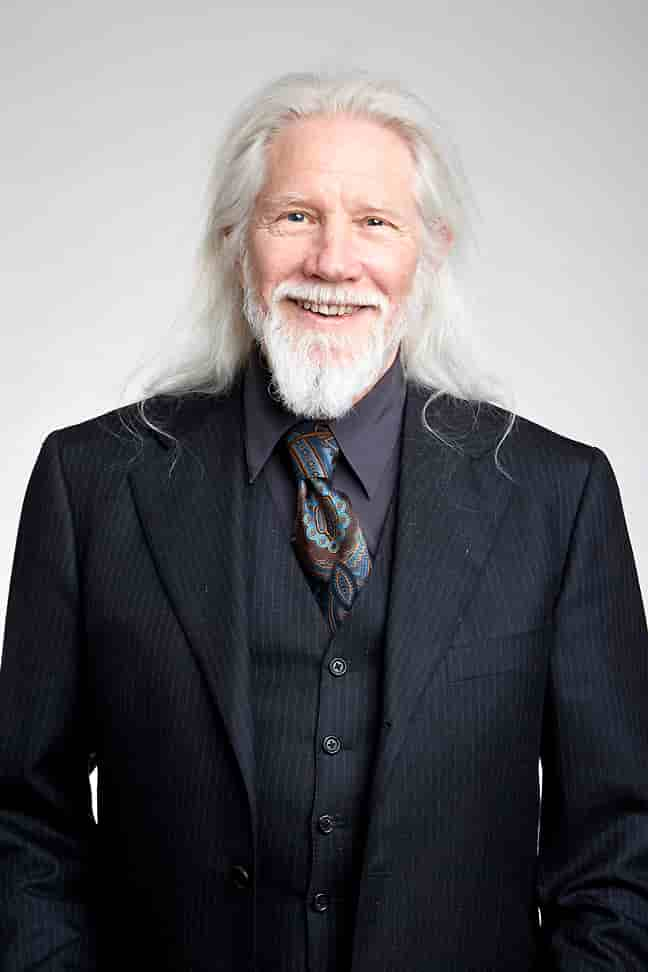
Diffie received the Turing Award in 2015 for fundamental contributions to modern cryptography. Diffie and Hellman's groundbreaking 1976 paper, 'New Directions in Cryptography,' introduced the ideas of public-key cryptography and digital signatures, which are the foundation for most regularly-used security protocols on the Internet today.
Whitfield Diffie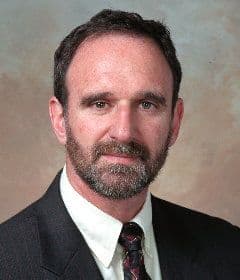
Hellman received the Turing Award in 2015 for fundamental contributions to modern cryptography. Diffie and Hellman's groundbreaking 1976 paper, 'New Directions in Cryptography,' introduced the ideas of public-key cryptography and digital signatures, which are the foundation for most regularly-used security protocols on the Internet today.
Martin E. Hellman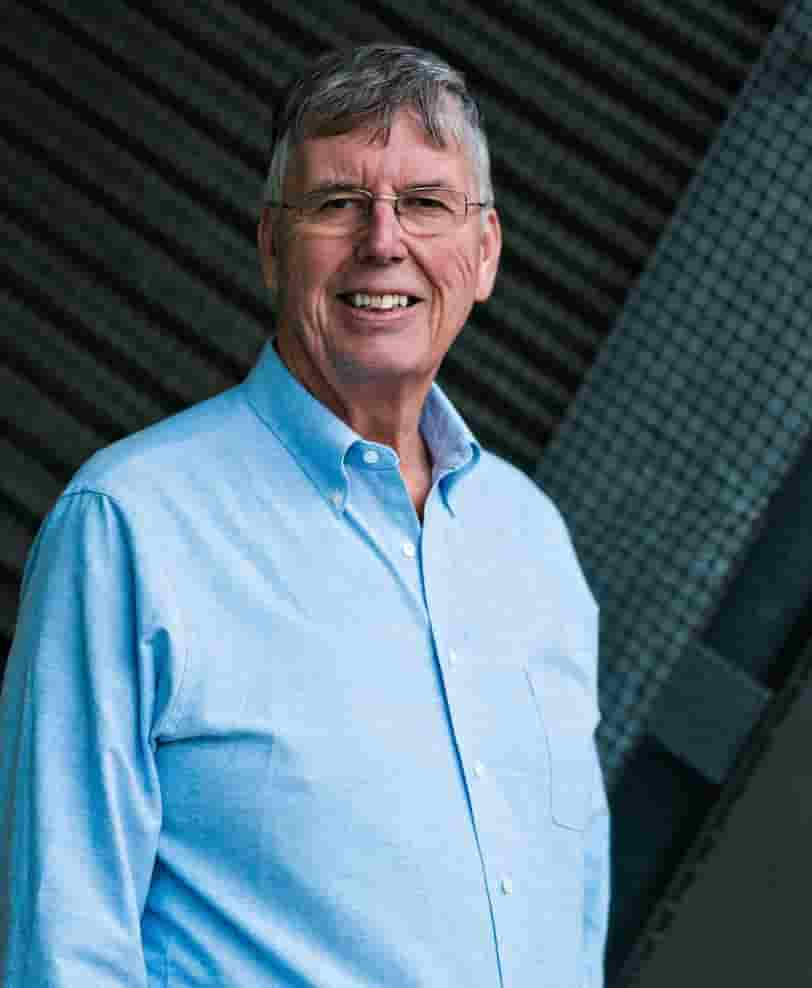
For his fundamental contributions to the concepts and practices underlying modern database systems, Stonebraker was awarded the Turing Award in 2014.
Michael Stonebraker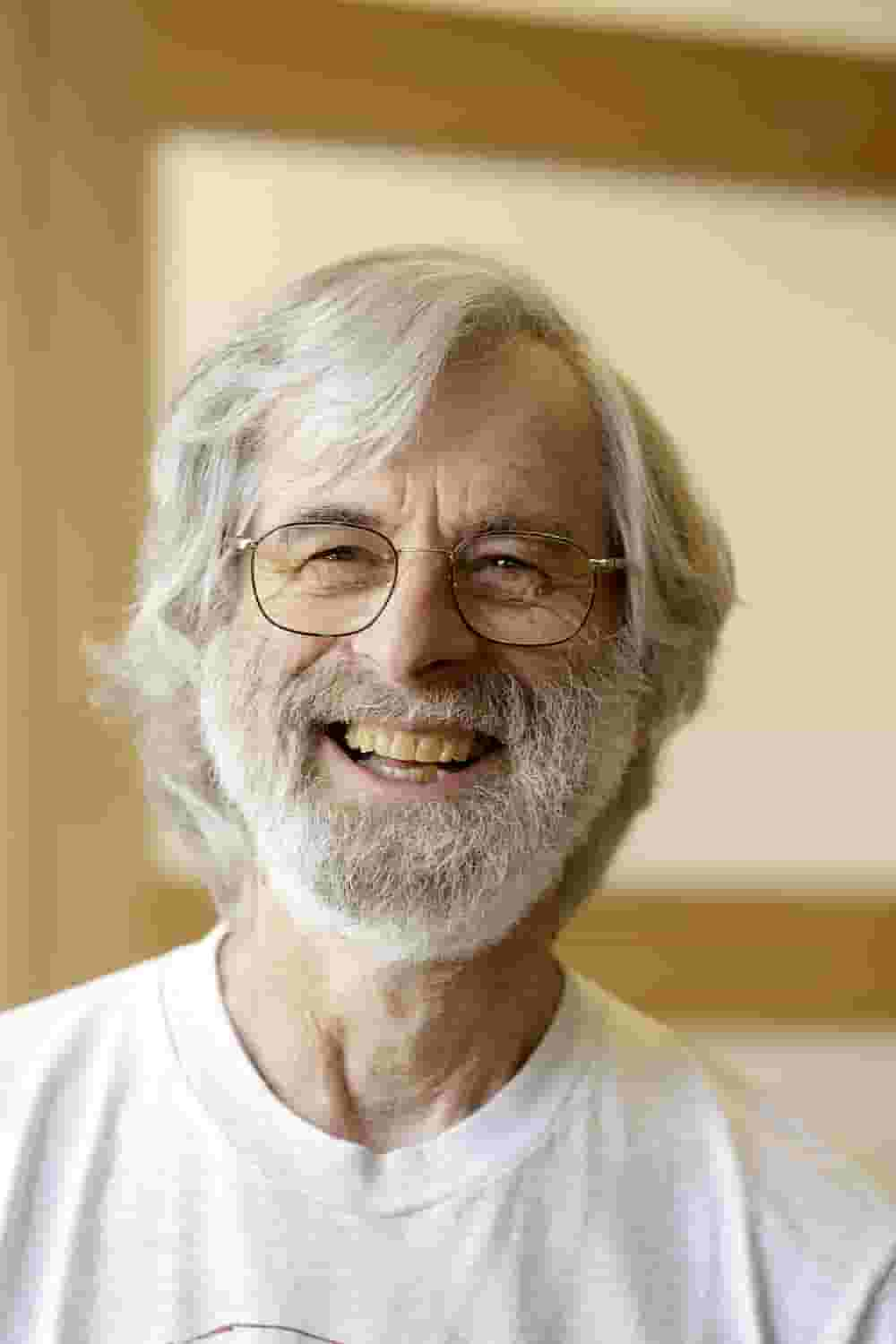
Lamport was awarded the Turing Award in 2013 for fundamental contributions to the theory and practice of distributed and concurrent systems, notably the invention of concepts such as causality and logical clocks, safety and liveness, replicated state machines, and sequential consistency.
Leslie Lamport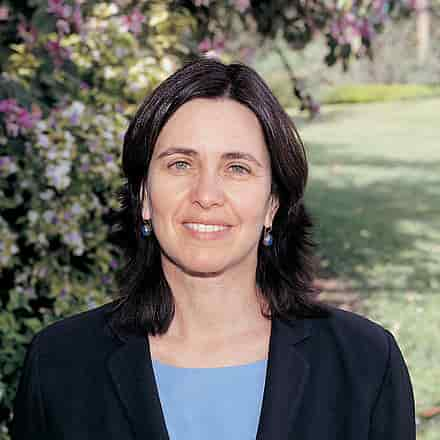
Turing Award winner 2012 with Silvio Micali for their transformative work that laid the complexity-theoretic foundations for the science of cryptography and in the process pioneered new methods for efficient verification of mathematical proofs in complexity theory.
Shafi Goldwasser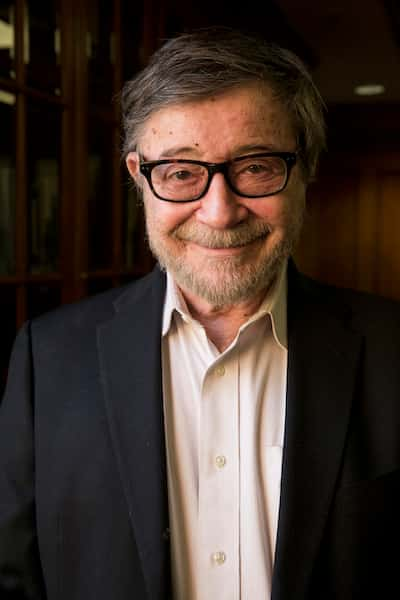
Turing Award winner of 2011 for fundamental contributions to artificial intelligence through the development of a calculus for probabilistic and causal reasoning.
Judea Pearl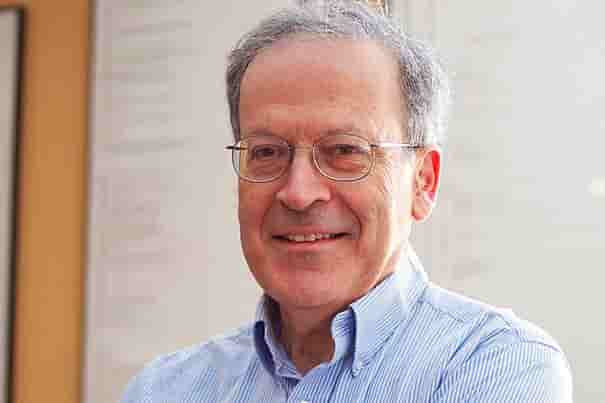
Valiant received the Turing Award for transformative contributions to the theory of computation, including the theory of probably approximately correct (PAC) learning, the complexity of enumeration and of algebraic computation, and the theory of parallel and distributed computing.
Leslie G. Valiant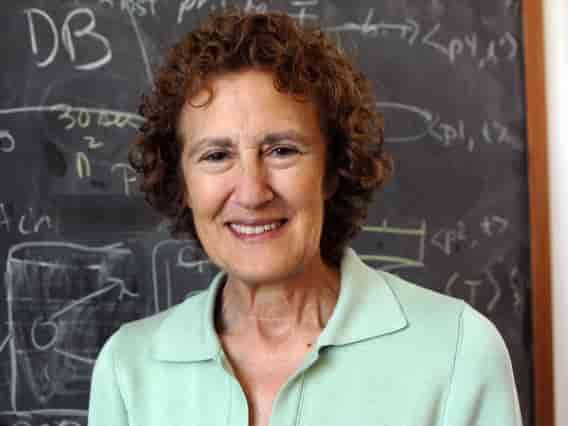
Liskov was awarded the Turing Award in 2008 for her contributions to practical and theoretical foundations of programming language and system design, especially related to data abstraction, fault tolerance, and distributed computing.
Barbara Liskov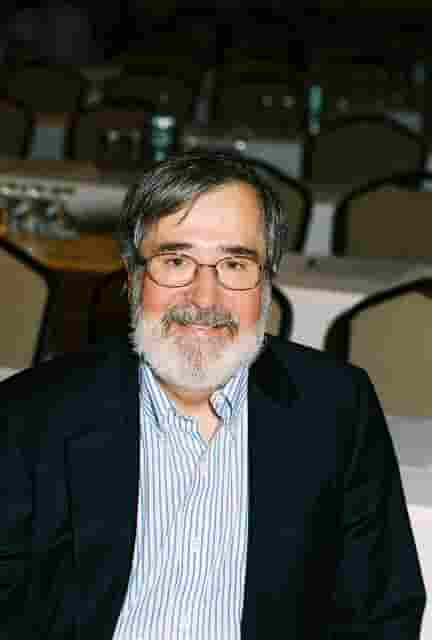
Together with E. Allen Emerson and Joseph Sifakis they won the Turing Award in 2007 for their roles in developing model checking into a highly effective verification technology, widely adopted in the hardware and software industries.
Edmund M. Clarke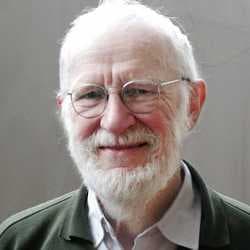
For fundamental contributions to programming language design and the definition of ALGOL 60, to compiler design, and to the art and practice of computer programming, Naur was recognized with the Turing Award in 2005.
Peter Naur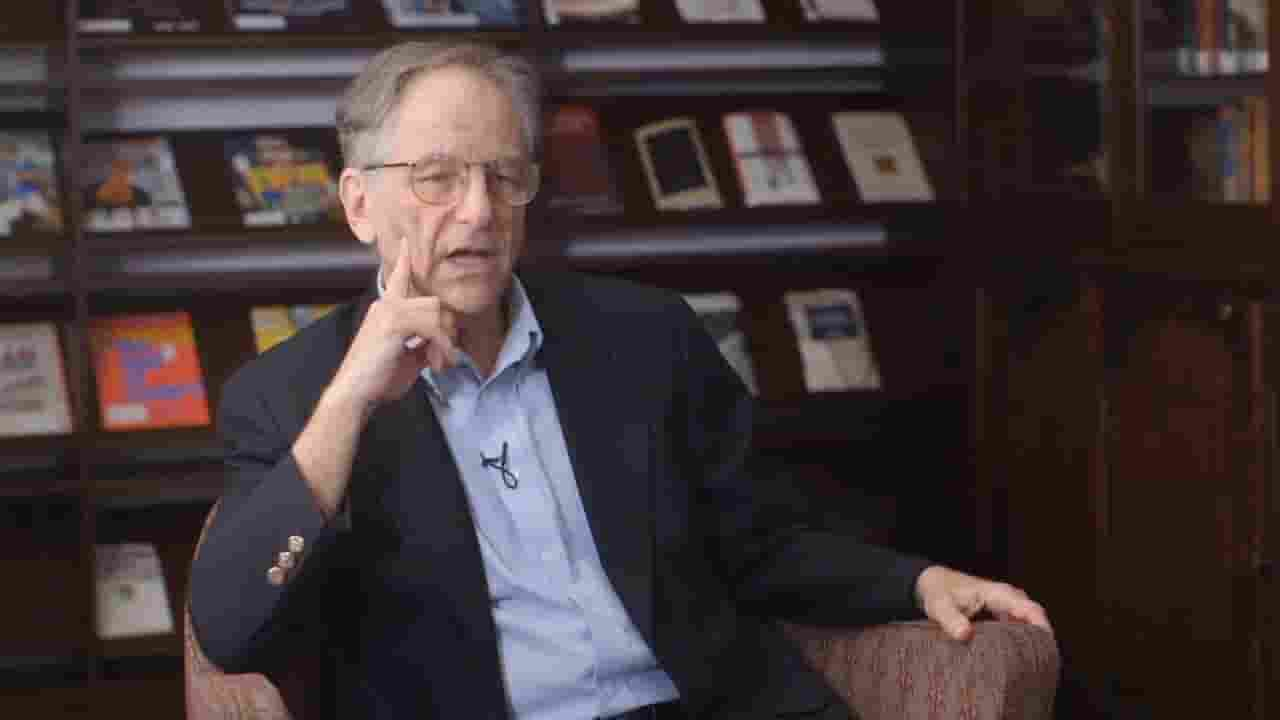
Turing Award winner of 2002 together with Adi Shamir and Ron Rivest for their ingenious contribution for making public-key cryptography useful in practice.
Leonard M. Adleman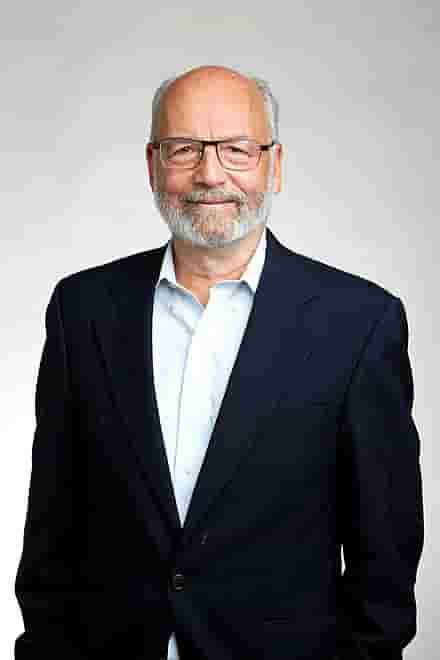
Turing Award winner of 2002 together with Ron Rivest and Leonard M. Adleman for their ingenious contribution for making public-key cryptography useful in practice.
Adi Shamir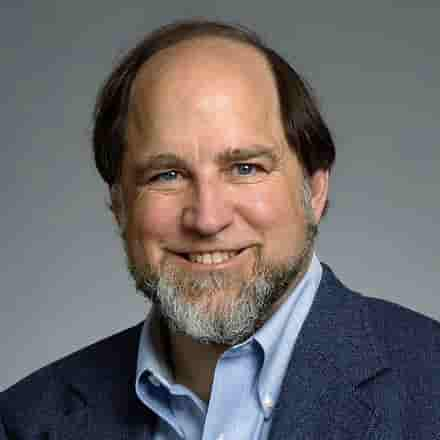
Turing Award winner of 2002 together with Adi Shamir and Leonard M. Adleman for their ingenious contribution for making public-key cryptography useful in practice.
Ronald L. Rivest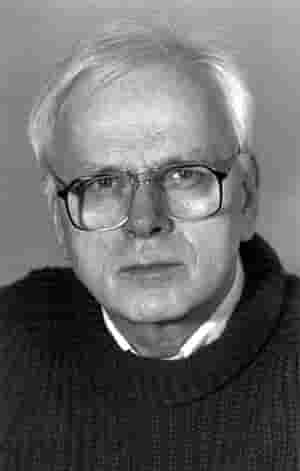
Nygaard won the 2001 Turing Award for ideas fundamental to the emergence of object-oriented programming, through their design of the programming languages Simula I and Simula 67.
Kristen Nygaard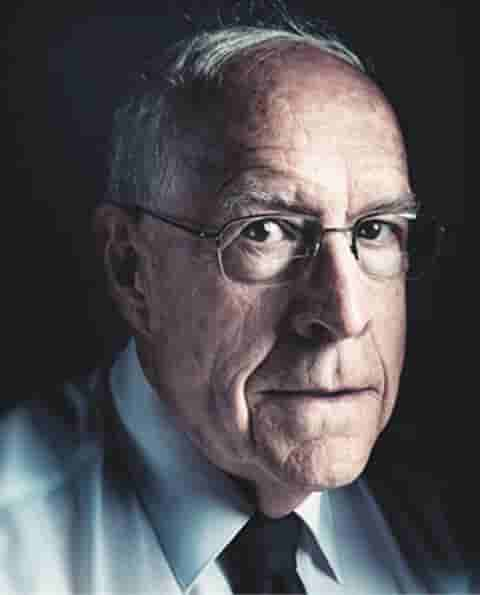
For his landmark contributions to computer architecture, operating systems, and software engineering, Frederick P. Douglas was awarded the Turing Award in 1999.
Frederick P. Brooks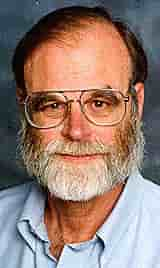
Jim Gray won the Turing Award for his seminal contributions to database and transaction processing research and technical leadership in system implementation.
Jim Gray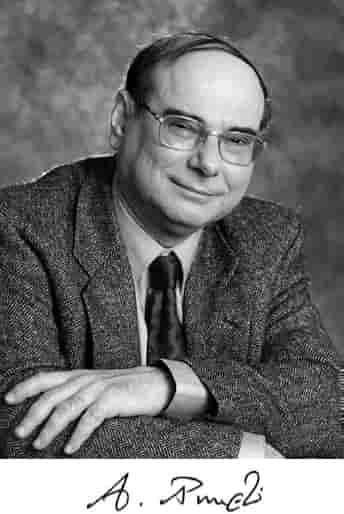
Amir Pnueli won the Turing Award in 1996 for seminal work introducing temporal logic into computing science and for outstanding contributions to program and systems verification.
Amir Pnueli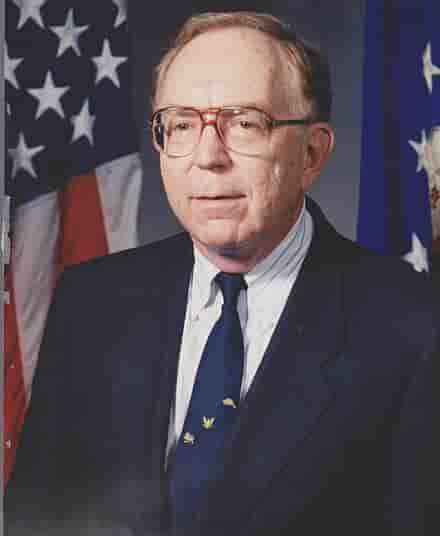
Turing Award winner of 1994 with Raj Reddy for pioneering the design and construction of large scale artificial intelligence systems, demonstrating the practical importance and potential commercial impact of artificial intelligence technology.
Edward A. Feigenbaum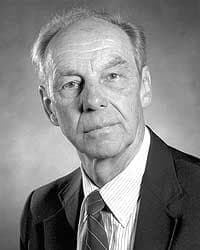
In recognition of his seminal paper with Richard E. Stearns which established the foundations for the field of computational complexity theory, Hartmanis was awarded the Turing Award in 1993.
Juris Hartmanis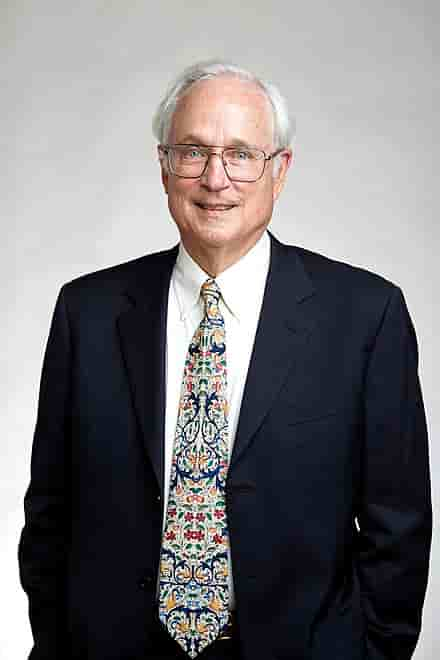
Turing Award Winner, 1992. For contributions to the development of distributed, personal computing environments and the technology for their implementation: workstations, networks, operating systems, programming systems, displays, security and document publishing.
Butler W. Lampson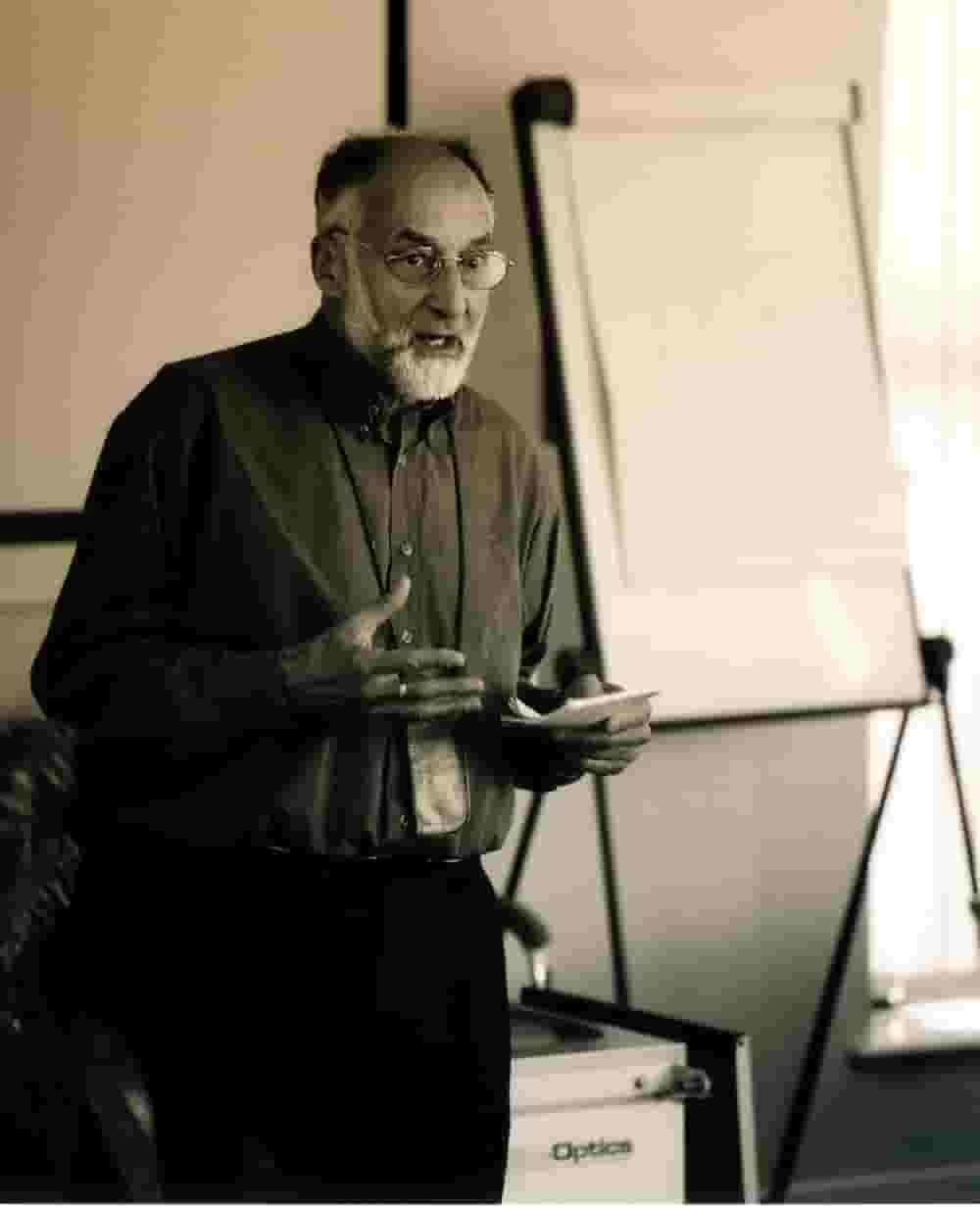
Robin Milner won the Turing Award in 1991 for three distinct and complete achievements: 1) LCF, the mechanization of Scott's Logic of Computable Functions, probably the first theoretically based yet practical tool for machine assisted proof construction; 2) ML, the first language to include polymorphic type inference together with a type-safe exception-handling mechanism; 3) CCS, a general theory of concurrency. In addition, he formulated and strongly advanced full abstraction, the study of the relationship between operational and denotational semantics.
Robin Milner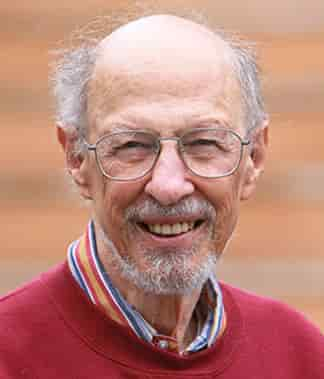
Corbató was awarded the Turing Award for his pioneering work organizing the concepts and leading the development of the general-purpose, large-scale, time-sharing and resource-sharing computer systems, CTSS and Multics.
Fernando J. Corbató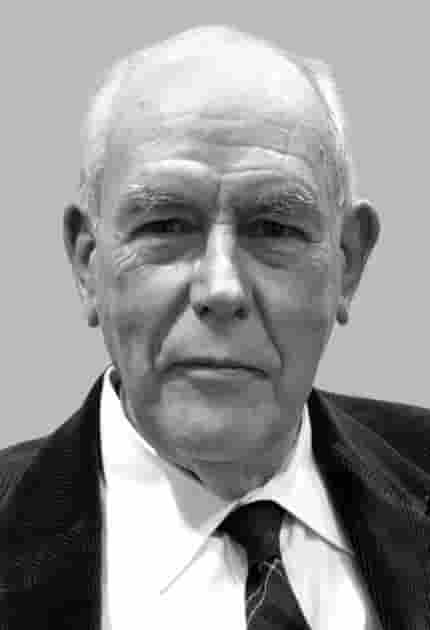
Ivan Sutherland won the Turing Award in 1988 for his pioneering and visionary contributions to computer graphics, starting with Sketchpad, and continuing after.
Ivan Sutherland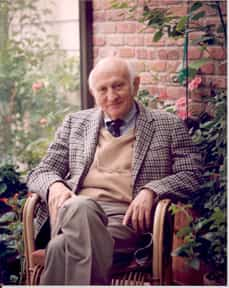
John Cocke won the Turing Award in 1987 for significant contributions in the design and theory of compilers, the architecture of large systems and the development of reduced instruction set computers (RISC); for discovering and systematizing many fundamental transformations now used in optimizing compilers including reduction of operator strength, elimination of common subexpressions, register allocation, constant propagation, and dead code elimination.
John Cocke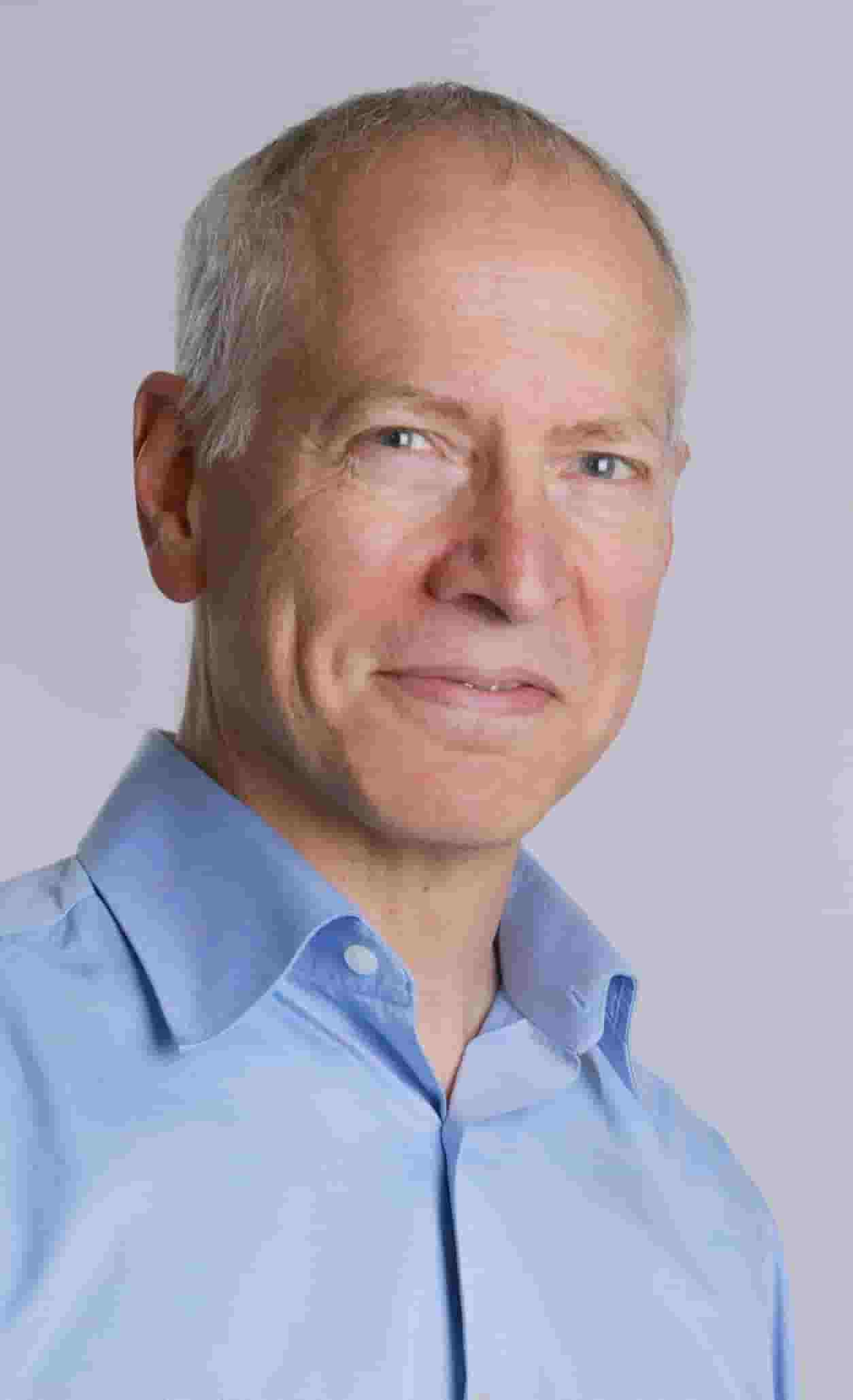
Tarjan won the Turing Award in 1986 with John Hopcroft for fundamental achievements in the design and analysis of algorithms and data structures.
Robert Tarjan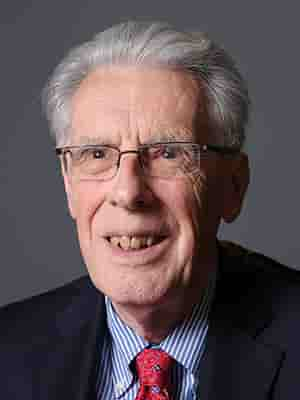
Hopcroft won the Turing Award in 1986 with Robert Tarjan for fundamental achievements in the design and analysis of algorithms and data structures.
John Hopcroft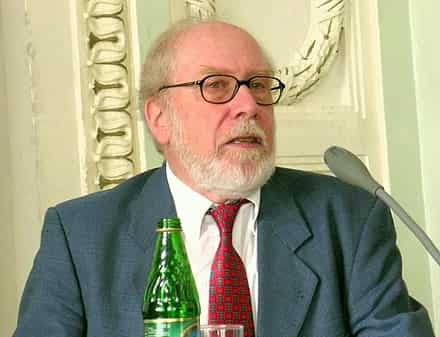
For developing a sequence of innovative computer languages, EULER, ALGOL-W, MODULA and Pascal, Wirth was awarded the Turing Award in 1984.
Niklaus Wirth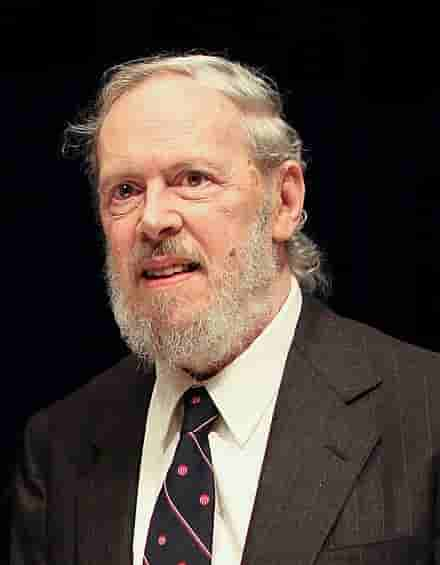
Together with Ken Thompson he won the Turing Award in 1983 for their development of generic operating systems theory and specifically for the implementation of the UNIX operating system.
Dennis M. Ritchie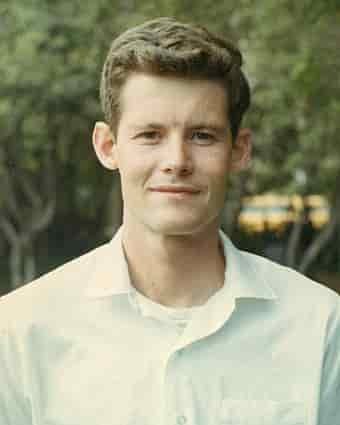
Turing Award winner of 1982 for his advancement of our understanding of the complexity of computation in a significant and profound way.
Stephen A. Cook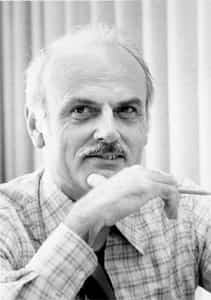
E. F. Codd was the recipient of the Turing Award in 1981 for his fundamental and continuing contributions to the theory and practice of database management systems, especially relational databases.
Edgar F. Codd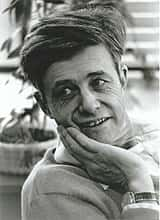
Iverson won the Turing Award in 1979 for his pioneering effort in programming languages and mathematical notation resulting in what the computing field now knows as APL, for his contributions to the implementation of interactive systems, to educational uses of APL, and to programming language theory and practice.
Kenneth E. Iverson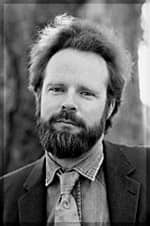
Floyd was awarded the Turing Award in 1978 for having a clear influence on methodologies for the creation of efficient and reliable software, and for helping to found the following important subfields of computer science: the theory of parsing, the semantics of programming languages, automatic program verification, automatic program synthesis, and analysis of algorithms.
Robert W. Floyd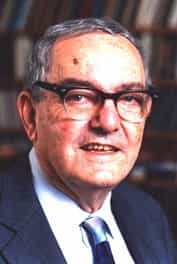
Simon won the Turing Award jointly with Herbert A. Simon for basic contributions to artificial intelligence, the psychology of human cognition, and list processing in 1975.
Herbert A. Simon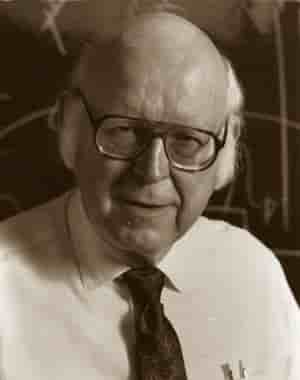
Newell won the Turing Award jointly with Herbert A. Simon for basic contributions to artificial intelligence, the psychology of human cognition, and list processing in 1975.
Allen Newell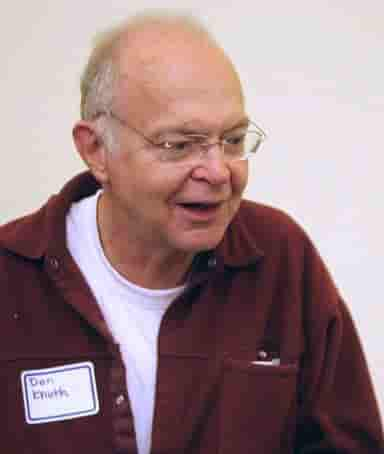
He won the Turing Award in 1974 for his major contributions to the analysis of algorithms and the design of programming languages, and in particular for his contributions to "The Art of Computer Programming" through his well-known books in a continuous series by this title.
Donald E. Knuth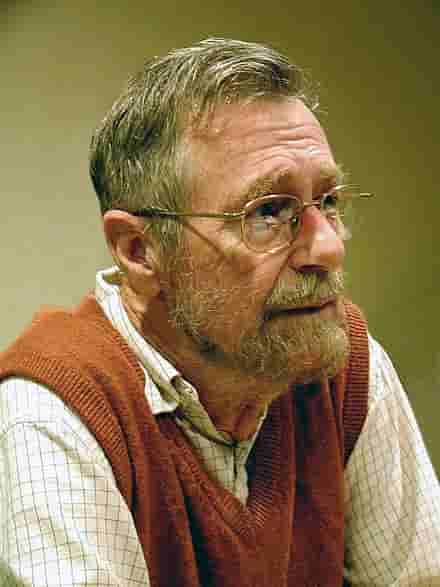
In his 1972 Turing Award Lecture Dijkstra quipped: "The major cause of the software crisis is that the machines have become several orders of magnitude more powerful! To put it quite bluntly: as long as there were no machines, programming was no problem at all; when we had a few weak computers, programming became a mild problem, and now we have gigantic computers, programming has become an equally gigantic problem."
Edsger W. Dijkstra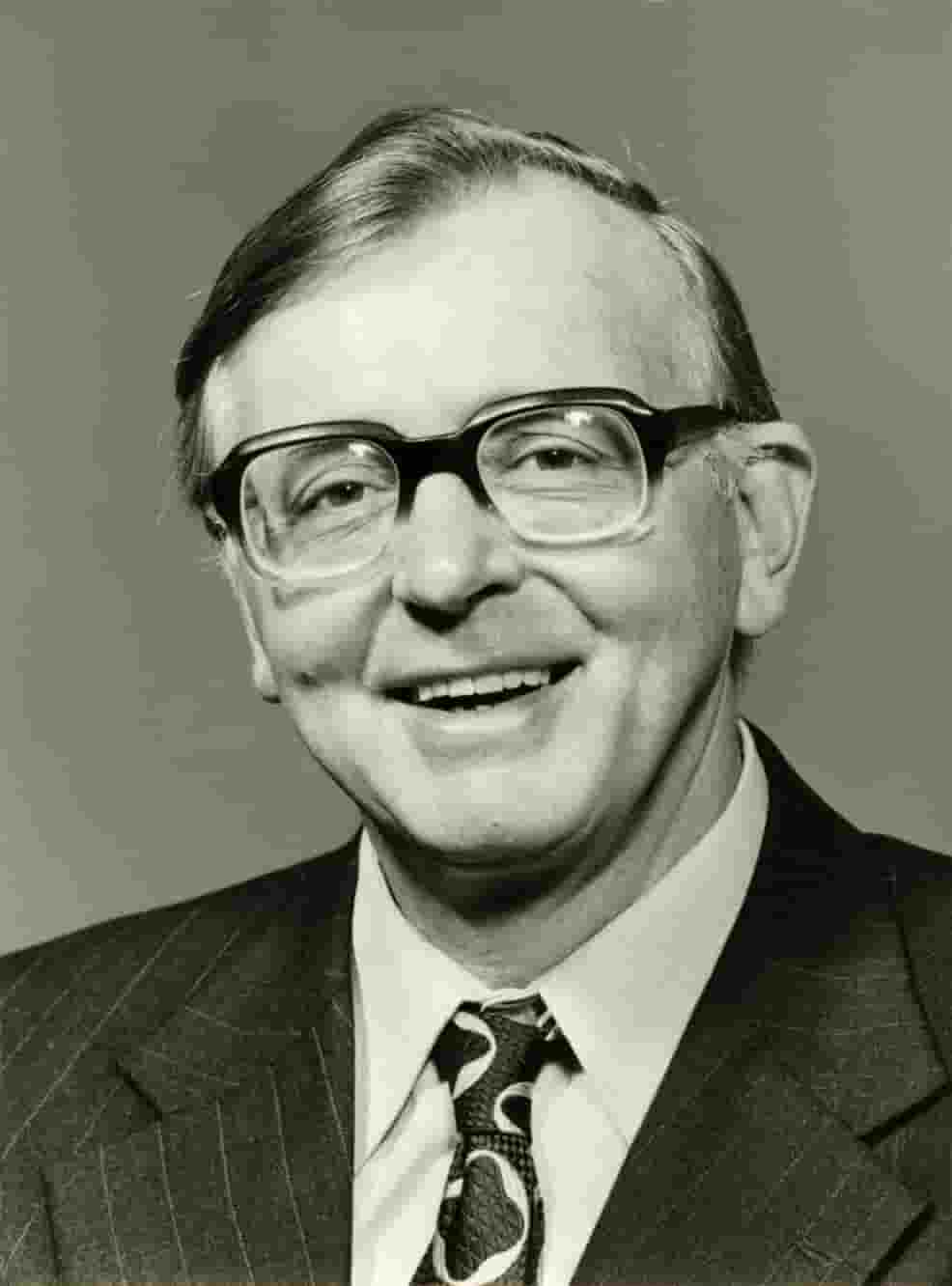
In 1970 James H. Wilkinson won the Turing award for his research in numerical analysis to facilitate the use of the high-speed digital computer, having received special recognition for his work in computations in linear algebra and "backward" error analysis.
James H. Wilkinson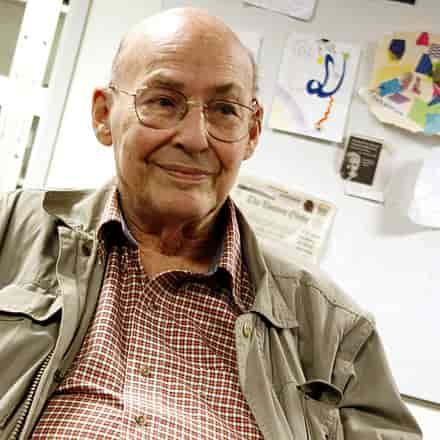
Marvin Minsky won the Turing award in 1969 for his central role in creating, shaping, promoting, and advancing the field of artificial intelligence.
Marvin Minsky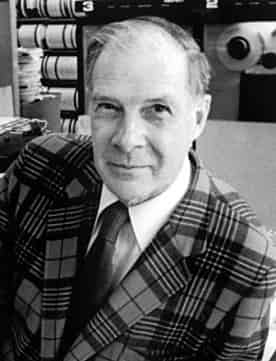
Richard Hamming won the Turing prize in 1968 for his work on numerical methods, automatic coding systems, and error-detecting and error-correcting codes.
Richard W. Hamming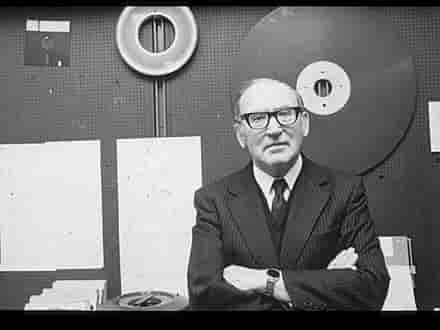
Sir Maurice Vincent Wilkes won the Turing award in 1967. He was a British computer scientist who designed and helped build the Electronic delay storage automatic calculator (EDSAC), one of the earliest stored program computers and invented microprogramming, a method for using stored-program logic to operate the control unit of a CPU’s circuits. At the time of his death, Wilkes was an Emeritus Professor of the University of Cambridge.
Maurice Wilkes